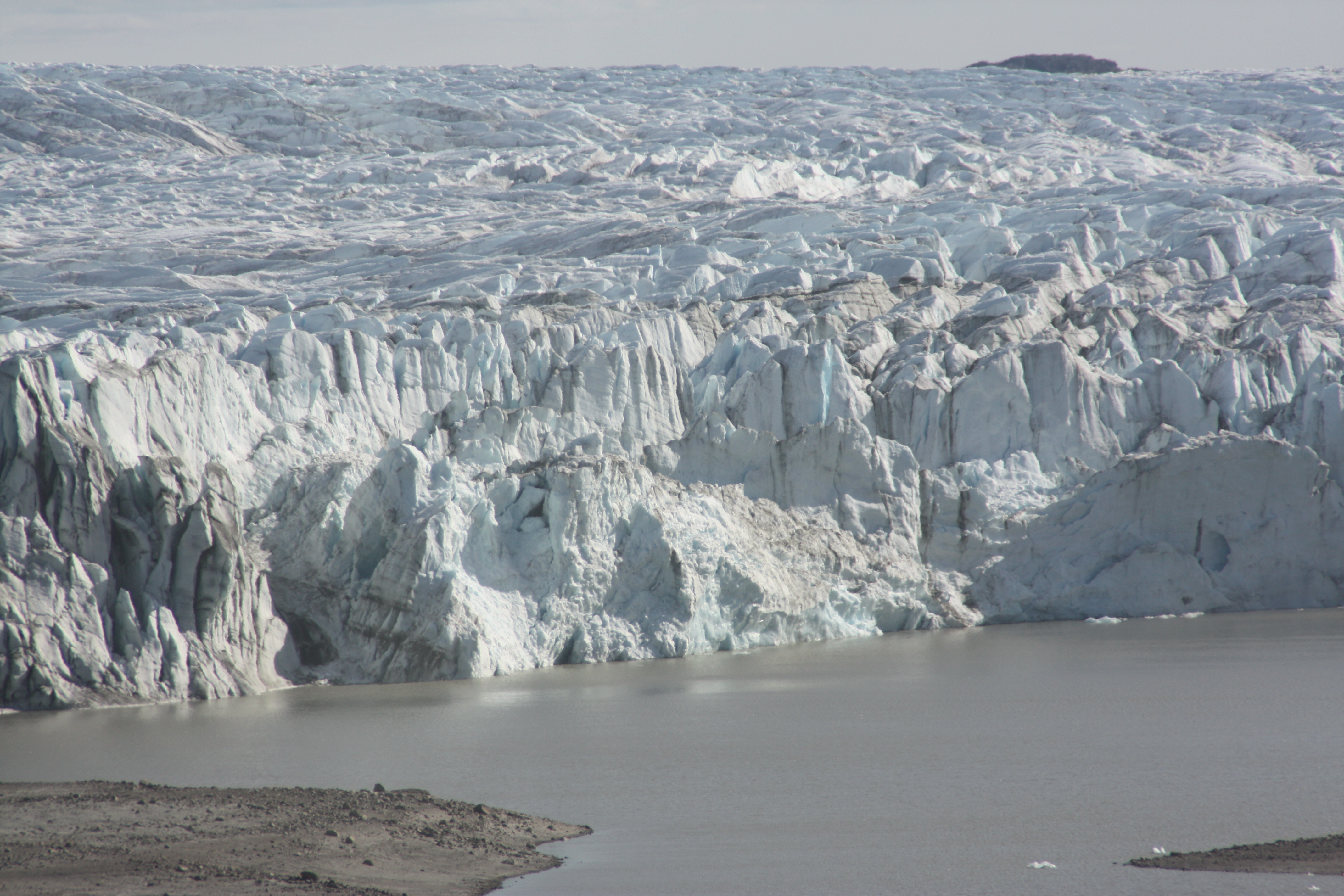Mining fears decide Greenland vote
Interesting times for the “ice island“. The Greenlanders have voted for a change of government amidst concern that the incumbent government was opening the country too fast to foreign mining companies.
Alequa Hammond’s Siumit party won 42 percent of the votes, up from 26.5 percent. Kuupik Kleists’ Inuit Ataquatigiit took 34.4 percent compared to 43.7 last time. Hammond, who would be the first woman prime minister of Greenland if she successfully forms a coalition with a smaller party, campaigned on a pledge to tax foreign mining companies.
Climate change is opening up opportunities for the mining of rare earth and other raw materials in Greenland, as well as oil and gas exploration. I visited the island in 2009 to report on the effects of climate change. At that time, I could already sense the dichotomy between the desire to gain revenue from mining to fund ultimate independence from Denmark on the one hand, and concern that the changing climate was making traditional Inuit lifestyles more difficult and potentially opening the way for environmentally harmful commercial activities on the other.
Hammond, an Inuit woman who was educated in Montreal before returning to Greenland and working in tourism, told the online edition of the weekly newspaper Sermitsiaq “Too much secrecy surrounding mining projects and problems in the fishery sector, as well as a lack of construction outside Nuuk (the capital), determined the outcome”. There had been a lot of concern about proposals being discussed for a company to bring 2,000 Chinese workers to the island, with a population of just 57,000, to set up a mining venture. China is becoming increasingly interested in Greenland and the Arctic as a whole, both because of its rich mineral resources and the opening of faster shipping routes between Asia and Europe and North America.
It remains to be seen to what extent protecting the environment will have priority over economic considerations as Greenland develops further.
The Arctic Council will be meeting in Kiruna, Sweden in May, the last meeting before Canada takes over the chair. China’s application for observer status will be on the agenda. Hammond says she could support the application but would take a more critical look at Chinese investments.
Interesting times ahead. Watch this space. Related stories to catch up with:
Polar ice sheets melting faster than ever
Business opportunities boom in the Arctic
Sea levels rising faster than expected
China’s Arctic ambitions spark concern
Scientists raise Greenland climate threat

















Feedback